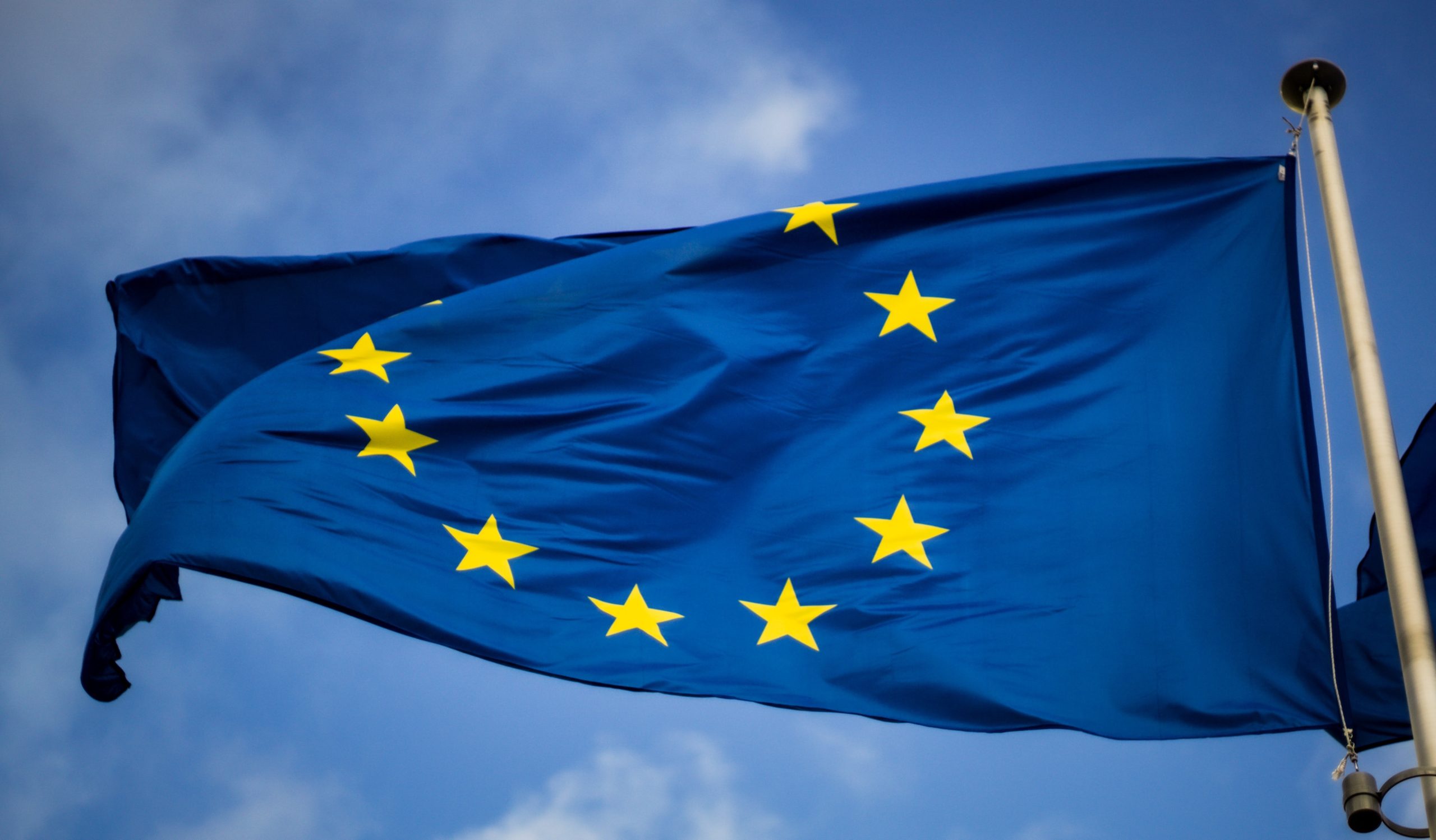Digital policies in the European Union are expanding to political advertising. The analysis of large amounts of data supporting micro-targeting strategies[1] to deliver political communication provides only one example of how advertising in the digital age has increasingly overcome market dynamics and increasingly going political. This situation raises questions about how to ensure that users, or rather citizens, are informed about the (commercial or political) nature of online content. Even if political advertising is a well-known model in political marketing and propaganda, its significance has been amplified by the massive spread of false information online and, particularly, disinformation on social media, as also driven by foreign interferences.[2] The recent case of “disinformation for hire”[3] has underlined sponsoring hidden strategies for disseminating false content, and, more generally, the role of political influencers[4] in addressing topics of public interest.
The European Union has recently adopted a proposal[5] for regulating political advertising as part of European Democracy Action Plan.[6] This proposal cannot be considered as an isolated legal instrument, but it is part of a new approach of the Union to address the challenges raised by content moderation, as underlined by the adoption of the Digital Services Act,[7] and by the spread of disinformation which led to the adoption of the new Strengthened Code of Practice on Disinformation in June 2022.[8] These instruments are intimately connected, particularly considering how disinformation is spread on social media through micro-targeting strategies. The European approach contributes to defining a binding system of rules which do not only aim to protect speech as individual freedom but as a collective interest.
- Advertising and Disinformation
The European reaction to the challenges raised by political advertising in the digital age impacts political speech which is the core of democratic societies. It is not by chance that this freedom enjoys the highest degree of protection by Member States constitutions, European law and international law. Therefore, political speech is a pre-condition for democracy, and any interference with this freedom is subject to a strict scrutiny test, thus limiting the possibilities for public authorities to interfere with this freedom. This approach underlines why the European proposal for regulating political advertising raises questions for freedom of expression, particularly when looking at the definition[9] of political advertising and its approach to foreign interference.[10]
Nonetheless, this broad scope of protection also leads to critical drawbacks. Particularly, when dealing with the exploitation of political speech in the digital age and the spread of disinformation, the almost impossibility of interfering with political speech limits intervention to mitigate the impact of political (false) expressions and micro-targeting strategies that aim to influence public opinion. The high protection recognised for political speech makes the fight against disinformation particularly complex for democratic societies, especially in sensitive moments such as elections and referendums.
Despite the relevance of political speech, democratic societies also pay the price for the exposure to false or fabricated content of political nature which are created to drive inaccurate or false information on social media. The exploitation of political speech has triggered the European reaction against populist agenda,[11] the spreading of vaccine disinformation,[12] and the influence of public opinion through external interferences.[13] This reaction shows why, at least from a European constitutional perspective, the protection of political speech is not only a matter of recognising free speech as a negative freedom but also as a positive right, thus requiring public actors to step in to protect this right by pluralism and transparency.
The proposal on political advertising exactly goes into this European constitutional direction. The European regulatory strategy on political advertising is predominantly focusing on limiting the spread of disinformation. According to Recital 4a, the proposal clarifies that providers of political advertising services should be encouraged to establish policies and measure “to prevent the placement of political advertising together with disinformation, including by participation in wider disinformation demonetisation initiatives such as the EU Code of Practice on Disinformation”. This example underlines how the European proposal on political advertising has been driven by the European strategy to tackle disinformation, particularly from foreign interferences, as a risk for European democratic values, and why this proposal considers the European Code of Practice as a critical tool to increase transparency in political advertising.
- Political Advertising and the Strengthened Code of Practice on Disinformation
The European strategy against disinformation has made another critical step with the adoption of the Strengthened Code of Practice on Disinformation. The Union abandoned a self-regulatory process which left the writing of the first code of practice to online platforms in 2018.[14] The European Commission decided to provide a more effective code to counter disinformation as explained in the guidelines which define the characteristics of the new Code.[15] The new code has become the first co-regulatory laboratory which puts into practice the European strategy against disinformation based on the European constitutional traditions and the fundamental rights of the Charter.
Among the main areas of the code, the European Commission and the signatories focused on the challenges raised by advertising, including political speech. As underlined in the Commission guidance, political advertising play an important role “in shaping political campaigns and public debates around key societal issues”. Indeed, one of the key objectives of the Code is to foster greater transparency in advertising, thus allowing to fight more efficiently against online disinformation. As a result, the focus is not on freedom of expression as an individual right but as a collective democratic value.
First, regarding ad placement, emphasis is put on transparency in content monetisation mechanisms. Those strategies that are related to the business model of social media constitute an important means that tends to favour the circulation of content, including disinformation, which lead to greater engagement and, therefore, to a remuneration linked to their dissemination. Consequently, the Strengthened Code gives great prominence to the relentless fight against disinformation professionals, seeking to enhance the demonetisation of the resources necessary to pollute the public debate.
Second, with reference to political advertising, the signatories recognised “the importance of political and issue advertising in shaping political campaigns and public debates around key societal issues, particularly in forming public opinion, political and electoral debate, referenda, legislative processes and the voting behaviour of citizens”. In this case, the code shows its direct connection with the purposes of the regulation on political advertising and its approach to the protection of free speech. The code focuses on the need for a clear identification of political advertising online, with a labelling system that must be as clear and transparent as possible. It is not only concerned with the protection of speech but with the need to tackle the spread of disinformation through sponsored political content.
This focus on advertising contributes to underlining the primary relationship between advertising and disinformation in the digital age. This connection is also reflected in the code which does not only relates to the Digital Services Act as a potential code of conduct under Article 45 but also with the proposal on political advertising. Likewise, the Digital Services Act aims to provide rules for online advertising, thus providing a horizontal set of rules for online platforms.
- Political Advertising and Co-regulation
This framework leads to looking at the proposal on political advertising under a broader picture that is primarily driven by the need to tackle the spread of disinformation, particularly foreign interferences which can affect public opinion and, therefore, European democratic values. It is precisely the European constitutional approach to freedom of expression that promotes the development of a digital policy where transparency obligations and risk assessment become examples of a positive approach to freedom of expression to ensure that this freedom is not used as a tool to pursue illiberal goals.
Nonetheless, this approach leads to the need for coordination among different actors, including the European Commission, online platforms, fact-checkers, advertising industries and civil society. All these actors do not always share the same incentives and goals, and this gap supports the reasons for complementing regulatory approaches based on binding legal instruments such as the proposal on political advertising with processes of co-regulation that increases collaboration and oversight. Political advertising is indeed something that cannot be addressed from the top but requires platforms to adapt their process of content moderation in dialogue with the advertising industries as well as fact-checkers to detect false information touching political interests.
The constitutional question for the regulation of political advertising will be primarily focused not only on how much the proposal will interfere with free speech but how it can create the basis for a stronger collaboration to ensure that the protection of democratic values is not left to determinations from public and private actors but from their mutual understanding. Even if this approach leads to some drawbacks such as regulatory captures, still it mitigates other risks for constitutional democracies primarily driven by an extensive trust in the power of the market or the state to ensure democratic values. Therefore, the proposal on political advertising is rooted in the European constitutional approach to protect freedom of expression.
[1] C. Wilson, Getting rid of microtargeting in political advertising is a terrible idea, in washingonpost.com, 17 November 2019.
[2] European Parliament resolution of 9 March 2022 on foreign interference in all democratic processes in the European Union, including disinformation (2020/2268(INI)).
[3] M. Fisher, Disinformation for Hire, a Shadow Industry, Is Quietly Booming, in nytimes.com, 25 July 2021.
[4] G. De Gregorio – C. Goanta, The Influencer Republic: Monetizing Political Speech on Social Media, in German Law Journal, 23-2, 2022, 204 ff.
[5] Proposal for a Regulation of the European Parliament and of the Council on the transparency and targeting of political advertising (COM/2021/731 final).
[6] Communication from the Commission to the European Parliament, the Council, the European Economic and Social Committee and the Committee of the Regions On the European democracy action plan (COM/2020/790 final).
[7] Regulation (EU) 2022/2065 of the European Parliament and of the Council of 19 October 2022 on a Single Market For Digital Services and amending Directive 2000/31/EC (Digital Services Act).
[8] 2022 Strengthened Code of Practice on Disinformation, in digital-strategy.ec.europa.eu, 16 June 2022.
[9] J. Barata, Regulation of online political advertising in Europe an potential threats to freedom of expression, in blogs.lse.ac.uk, 9 March 2023.
[10] A. Richter, For Propaganda Without Disinformation: Draft EU Regulation on Political Advertising, in ejiltalk.org, 24 February 2023.
[11] O. Pollicino – G. De Gregorio, Constitutional Democracy, Platform Powers, and Digital Populism, in Constitutional Studies, 8-1, 2022, 11 ff.
[12] Joint Communication to the European Parliament, the European Council, the Council, the European Economic and Social Committee and the Committee of the Region, Tackling COVID-19 disinformation – Getting the facts right (JOIN/2020/8 final).
[13] 2020/2268(INI), cit.
[14] 2018 EU Code of Practice on Disinformation, in ec.europa.eu.
[15] Communication from the Commission to the European Parliament, the Council, the European Economic and Social Committee and the Committee of the Regions, European Commission Guidance on Strengthening the Code of Practice on Disinformation (COM/2021/262 final).



